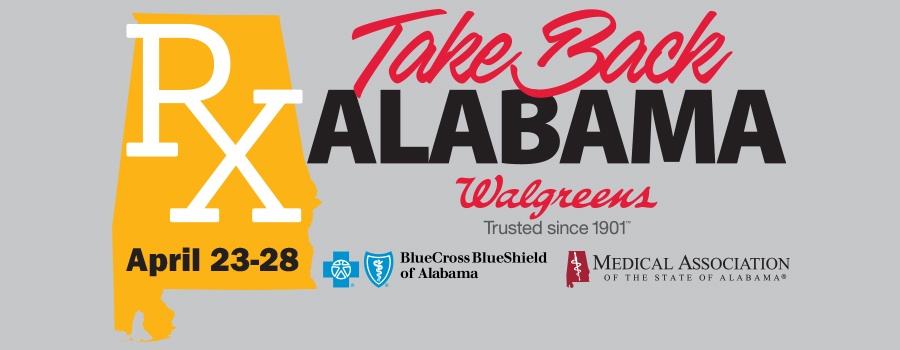Tag: aware
-

Successful Take Back Alabama Week Ends with Opioid Summit
REVISED APRIL 27, 2018 ─ The Medical Association’s Take Back Alabama Week kicked off this week with a press conference at Walgreens in Birmingham on Monday, April 23. Representatives from AmerisourceBergen, Blue Cross and Blue Shield of Alabama, Pfizer, Prime Therapeutics and Walgreens joined Attorney General Steve Marshall and Birmingham physician Gregory Ayers to announce…